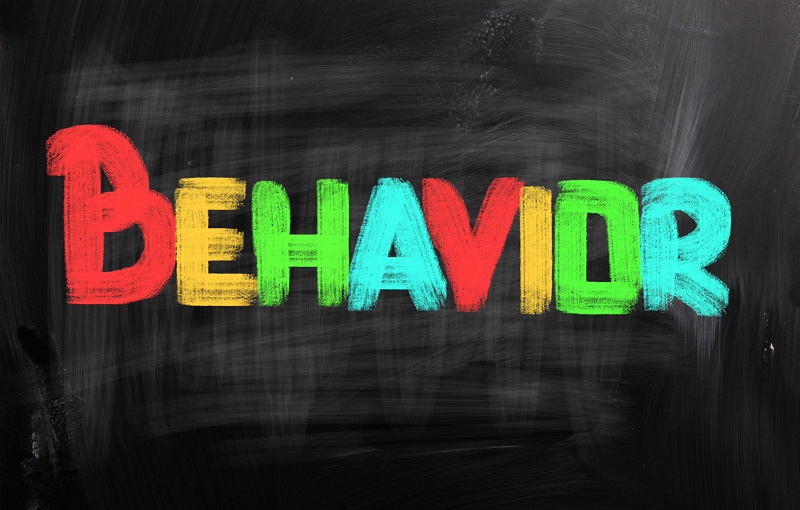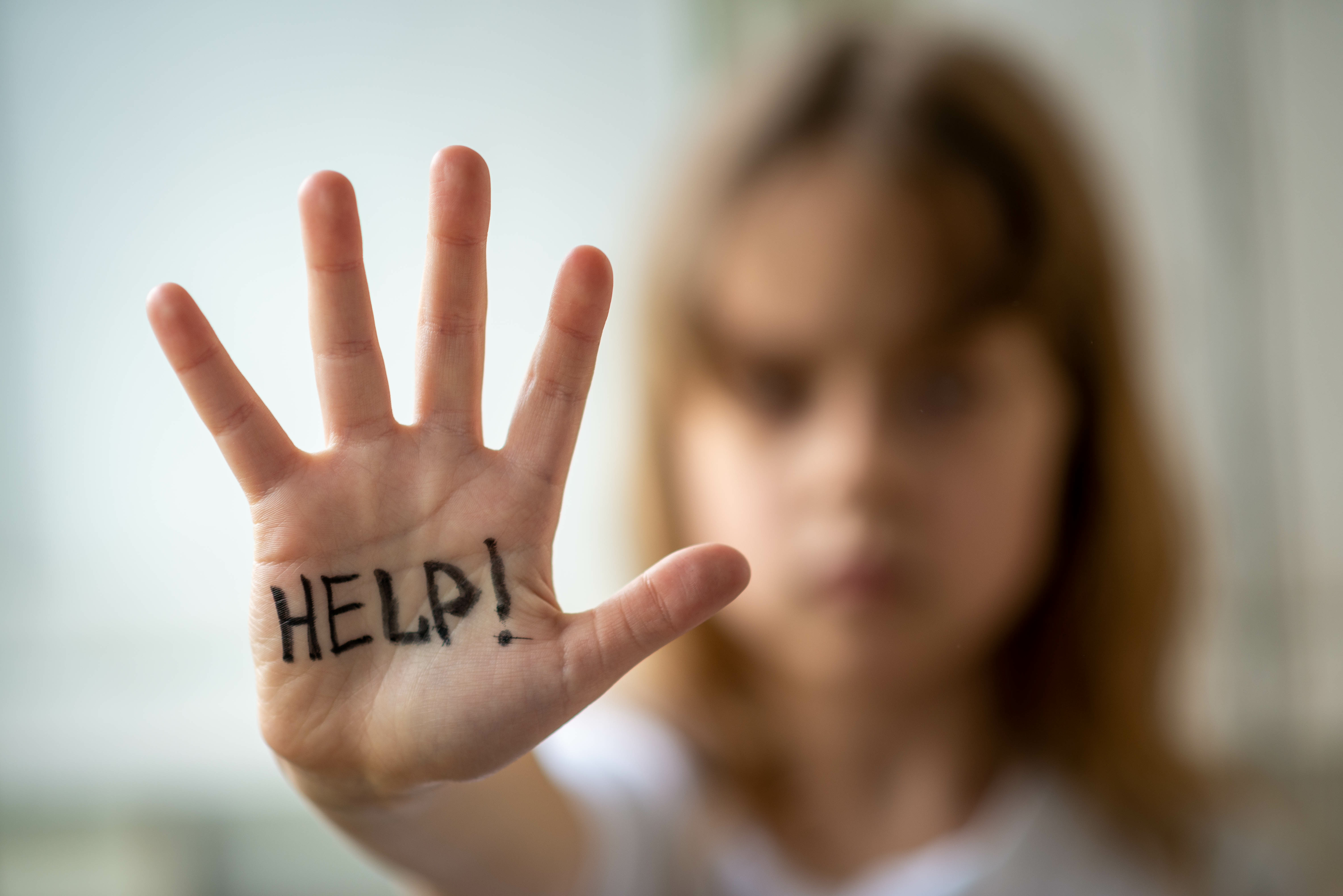Toronto-Child Behavioral Assessments Can Help

When you are worried about child behavior problems, a behavioral assessment can help. What kind of behavioral problems worry you? Does your child act out? Is he or she showing aggressive angry behaviors, or does he or she withdraw, show poor self esteem or a lack of confidence? What about anxious behaviors, or symptoms of depression?
Dr. O'Connor offers Psychological Assessment and Testing services to children, adolescents and young adults. She takes referrals from educational personnel, physicians, pediatricians, personal injury and family lawyers, mental health professionals and organizations, as well as Children's Aid Societies. Dr. O’Connor's Psychological Assessments increase understanding of the psychological concerns that surface in young people. They also reveal what is contributing to and maintaining these concerns, and lead to evidence based interventions to help.

A Behavioral Assessment Can Help
Dr. OConnor's School Neuropsychological Assessments to help uncover what is contributing to and maintaining a behavioral problem in a young person. Multiple factors often interact to contribute to and maintain the behavioral concerns in the child or adolescent.
These include the young person's own behaviors. The young person's behavior can influence how others feel about him and how they behave toward him. A parent, for example, may find it hard to interact in a positive manner with a difficult child, and not know how to help. Problem behaviors in children can also negatively affect the mood and the parenting behaviors of the parent. This in turn can have a negative affect on the child. Child behavior problems, for example, can contribute to significant stress in parents, teachers and others who are involved with the young person, and can precipitate negative events. Child behavior problems, for example, may lead to frequent reprimands and negative attempts to manage the child's behavior. This can exacerbate the child's stress levels and contribute further to negative child behaviors.
Numerous other interacting factors can also contribute to child behavior problems. These include the child's temperament, family problems and learning/school, social and community stressors, as well as genetics, and its interacting affects with stressors in the child's environment. Trauma, both acute and complex, as well as a caregiver's parenting style may also be factors in child behavior problems.
A complex interaction between the child and his environment shapes his behavior and how he perceives his world and the challenges he encounters. And ultimately how he copes and deals with them. The environment not only influences the child's behavior, but the way his or her brain develops as a result of social and other environmental factors. This, in turn, can influence the child's behavior, and ultimately how others react to him or her.
Finally, children will often adopt unhealthy coping or defensive behaviors to deal with the stressors in their lives, which, in turn, can contribute to behavior problems.
Do Children Outgrow Their Behavior Problems?
Research suggests that some behavior problems in children do persist beyond childhood. In one study of children with behavioral and emotional problems, for example, approximately 40 % of the children had problems in adulthood. However, the good news is-60 % did not (Hofstra, Vander Ende, & Verhulst). Consequently, a behavior problem in childhood does not doom most children to a life of problematic and difficult behaviors.
What Increases the Odds that a Child Will Overcome Child Behavior Problems?
Problems are likely to persist into adulthood for children who have severe behavior problems and receive little or no help to address them. Children who receive support and exhibit other protective factors are more likely to overcome child behavior problems. A psychological assessment is often a first step in determining what is contributing to and maintaining the child behavior problems, and leads to evidence based strategies to help.
More Help With a Behavior Problem in Children?
1. Seek professional support. Dr. O'Connor, a Toronto psychologist, can help you decide whether a child's behavioral concerns warrant further attention.
2. If you are unsure whether professional support is required view Dr. O'Connor's article Warning Signs of Child Behavior Problems. It can help you decide whether a behavior problem in children warrants further concern or is "just a stage" the child will outgrow.
3. Or read Dr. O'Connor's Articles to increase your understanding of child problems, and how to help.
Click here to learn more about behavior problems in children and how to help.
Learn more about Dr. O'Connor's book, "I Can Be Me-A Helping Book for Children from Troubled Families. It is currently being updated to reflect the recent literature on Adverse Childhood Experiences (ACEs). This book includes a special focus on children of addicted family members.
Click here to learn more about child behavioral assessments.
Resources Referred to on This Page
lHofstra, M.B., Van der Ende, J. & Verhuulst, F.C. (2000). Continuity and change of psychopathology from childhood into adulthood. Journal of the American Academy of Child and Adolescent Psychiatry, 39, 850-858.